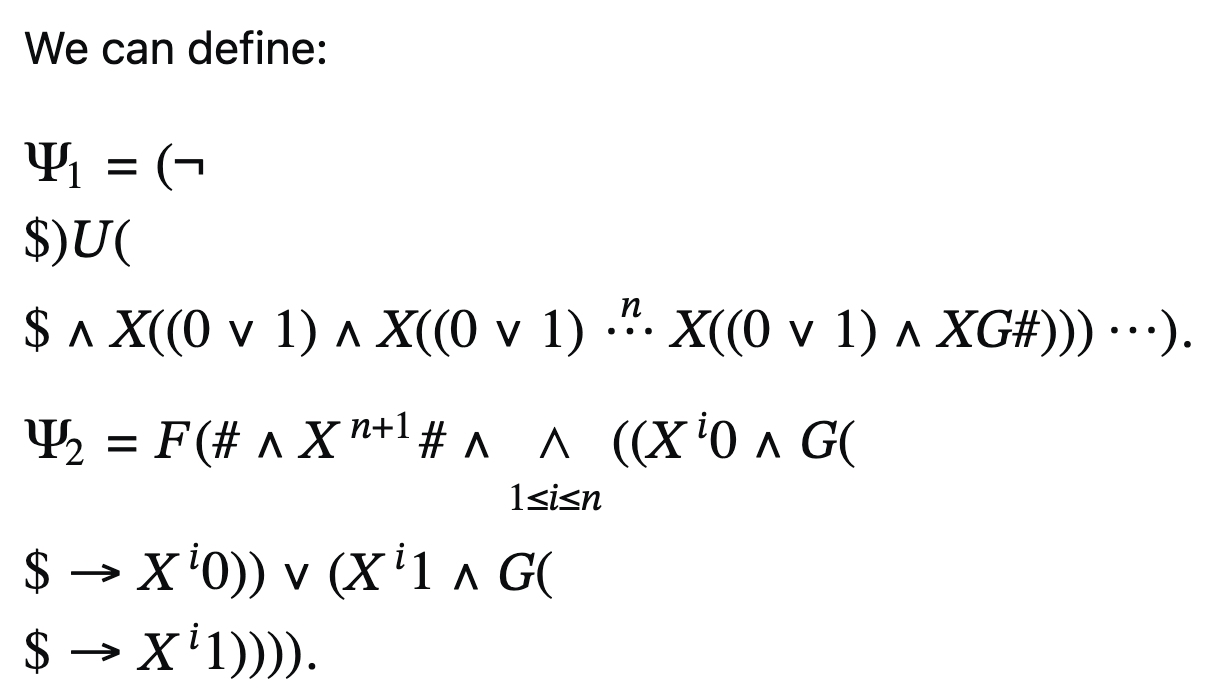I am not sure if this is the right place to post this question. I recently began getting a problem with writing latex expressions in math mode. Before I post the answer, the preview and expressions look fine, but after posting or editing the answer, the expressions appear vertically. See the attached screenshots below. I got this issue recently here and here.
Here is what I get in the preview while editing:
Yet, here is what I get after editing and posting the answer:


